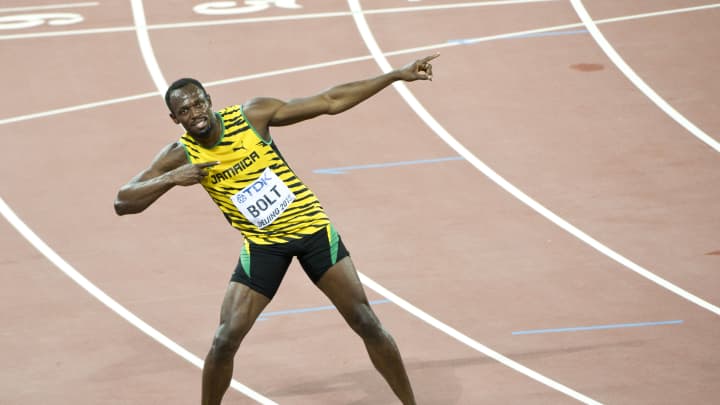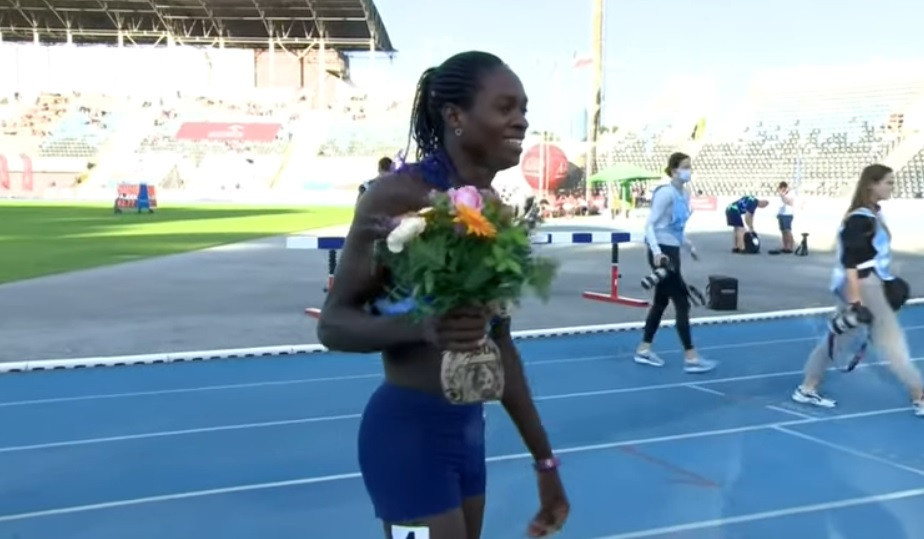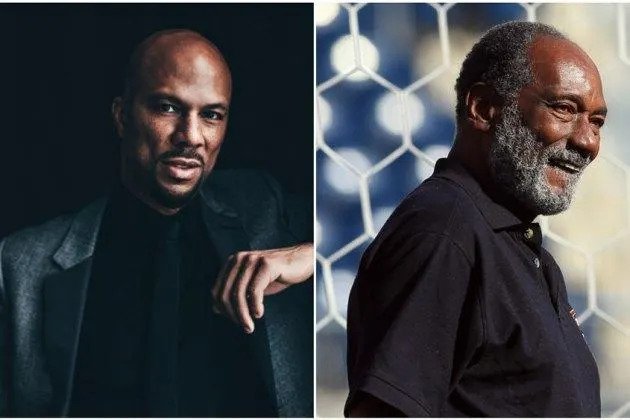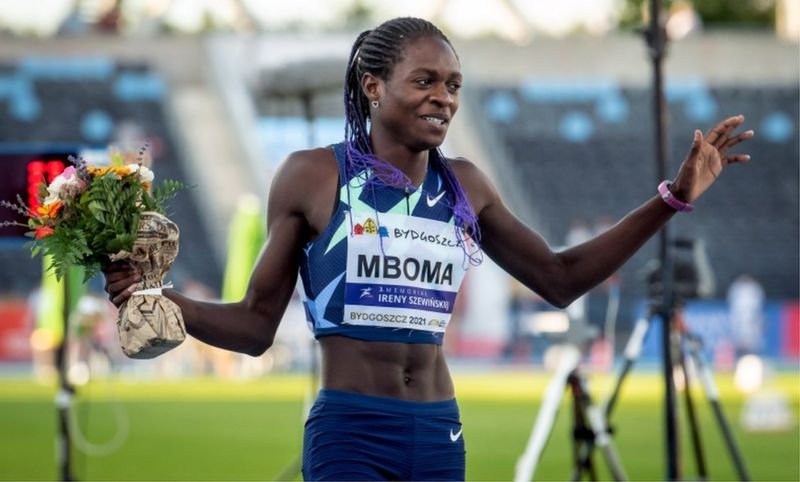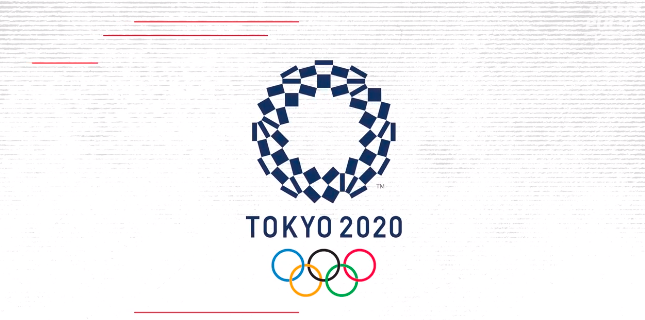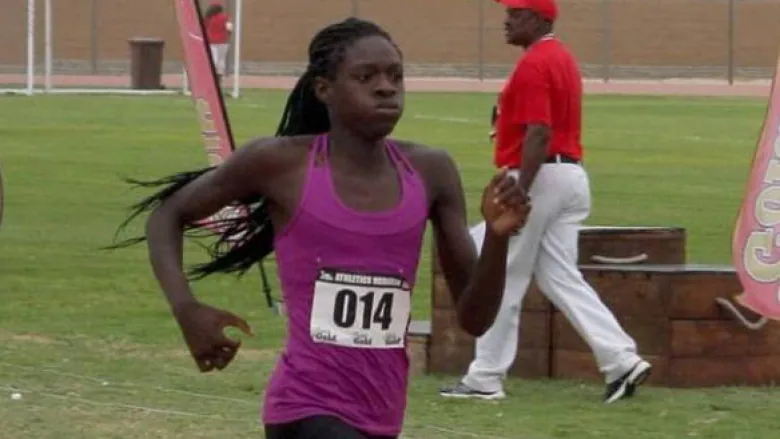Jamaican sprinter Usain Bolt is still known as the fastest man alive and one of the richest athletes.
Namibia NOC "grossly disappointed" with World Athletics handling of Masilingi and Mboma cases
Namibia National Olympic Committee (NNOC) President Abner Xoagub has described World Athletics' handling of the Beatrice Masilingi and Christine Mboma case as an "unacceptable invasion" of the two teenagers' privacy.
Common and Steel Springs to Produce ‘Rising Above,’ About Howard University’s 1971 Soccer Team and Coach Lincoln ‘Tiger’ Phillips (EXCLUSIVE)
Hollywood loves a great sports story almost as much as it loves a story of overcoming the odds to find redemption. Oscar- and Grammy-winning artist Common’s upcoming movie will give audiences both.
Namibian teens vow to fight Olympics testosterone ban
Namibian track and field stars Christine Mboma and Beatrice Masilingi - both aged 18 - have turned in four of the top five women's 400m times in the world this year.
Fact check: Olympic athletes barred from staging protests at Tokyo Games
The claim: Black Lives Matter apparel and other forms of political expression are banned at the Olympics
Rules governing Olympic runners send a disturbing message to female athletes, especially those who are Black
World Athletics regulation created in toxic place where sexism and racism overlap

